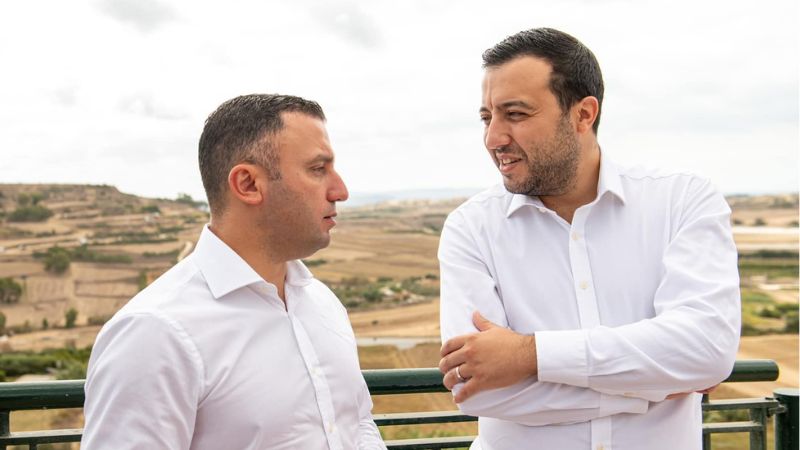Aqra bil-Malti
The state broadcaster is refusing to account for the hundreds of thousands it spent from state coffers to organise this year’s Malta Eurovision Song Contest, which was highly criticised for its poor and amateurish show.
Departing from years of successful editions organized in large venues to allow live audiences to participate, the Executive Chairman of PBS, Mark Sammut, decided to reverse the trend and organise the festival inside an old, unutilised TV studio, similar to the way it was organized in the 1970s.
The festival left out any audience participation while singers mimicked pre-recorded songs.
Taking advantage of his decision, Sammut used the occasion to spend some €1.6 million on the ‘refurbishment’ of the old studio, changing all the equipment with new technology, which PBS employees could not even operate due to the rush and lack of adequate training.
Sammut, backed by Culture Minister Owen Bonnici, is now refusing to give an account of the money spent.
PN MP Claudette Buttigieg asked Minister Bonnici in parliament to list the costs related to this year’s contest. including suppliers. Minister Bonnici refused, using the standard reply that “the information was of a commercial nature”.
The Shift encountered the same wall of silence when filing a Freedom of Information (FOI) request for a list of tenders issued, the money spent on each procured service, and a list of suppliers.
Again, Sammut blocked the information, claiming PBS was a commercial company and not obliged to provide it.
PBS is funded by taxpayers and is obliged to explain its decisions.
The Court of Appeal has already made it clear to PBS that it is obliged to be transparent and accountable.
The Shift has now, once again, challenged PBS’ decision by calling for an investigation by the Information and Data Protection Commissioner.
Sources at PBS told The Shift that the total cost of this year’s national Eurovision Song Contest was estimated to be some €1.6 million, with most of the funds spent through direct orders on the orders of Mark Sammut.
Prime Minister Robert Abela appointed Sammut to head PBS, even though he had no experience in broadcasting.
Considered to be his master’s voice, Sammut’s ‘reign’ at PBS has been harshly criticised and marked by multi-million-euro losses despite some €6 million in direct subsidies and millions more pumped into PBS to keep it afloat.
In the meantime, Sammut receives two different remunerations for his job, one as CEO and the other as chairman.
He is also chairman of Malta Med Air, another government entity, and his private businesses continue to receive government tenders.













Just curious or confused, how can someone not answer, when questioned for information about their work? Even worse using the ambiguous ‘it’s commercially sensitive’ reason.
Shouldn’t businesses and institutions be proud of the efficient and effective service they provide?
Especially when their name will be remembered, when they and their own country stands to benefit.